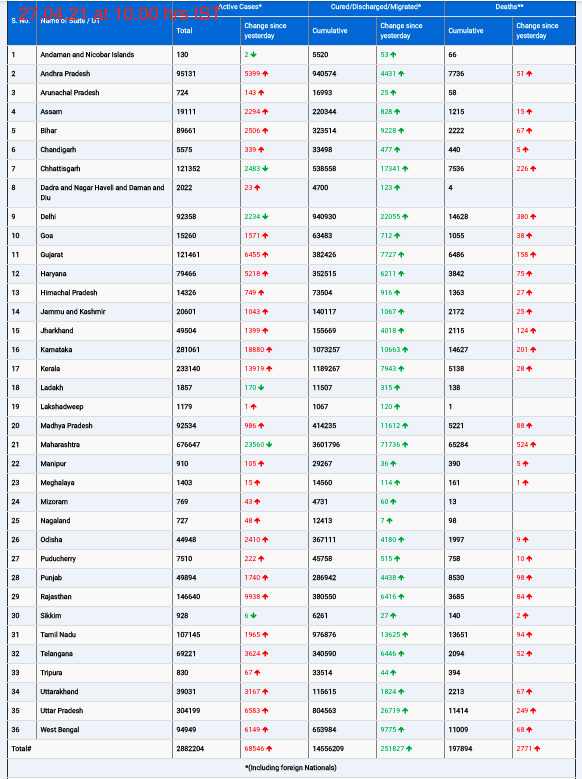York University researchers reveal significant positive effects of abstaining from social media on mental well-being
In the ever-evolving landscape of social media and its impact on mental health, a groundbreaking study conducted by York University’s Faculty of Health sheds light on the benefits of taking a brief hiatus from digital platforms. Led by Psychology Professor Jennifer Mills and her team, the research offers compelling evidence that young women, particularly those vulnerable to thin-ideal internalization, experience a substantial enhancement in self-esteem and body image after just one week away from social media.
Published this week in the journal Body Image, the study marks a significant contribution to the field by being the first of its kind to specifically examine the effects of social media breaks on body image. Professor Mills, known for her pioneering work in this domain, collaborated with graduate researcher Lindsay Samson and undergraduate Olivia Smith, both from York University.
The study recruited 66 first-year female undergraduates, a demographic often deeply immersed in social media culture. Half of the participants continued their regular social media usage, while the other half refrained from platforms such as Instagram, Facebook, Twitter, and TikTok for the duration of one week. Baseline surveys were conducted before and after the experiment to gauge changes in participants’ self-esteem and body image.
Professor Mills expressed her excitement about the study’s findings, highlighting the rarity of such significant effect sizes in psychology research. “There’s natural variability in how people feel about their bodies and themselves, but even after accounting for that, we observed notable differences between the groups after just one week,” she explained.
The results revealed that participants who took a social media break reported marked improvements in self-esteem and body image compared to those who continued using social media as usual. This finding underscores the potential negative impact of prolonged social media exposure on mental well-being, particularly among young women.
Mills attributed the observed improvements to a combination of factors. Firstly, participants spent less time engaging in behaviors known to negatively affect mental health, such as comparison with others. Additionally, the absence of social media may have encouraged participants to engage in healthier activities, such as face-to-face socializing, outdoor pursuits, and exercise.
Reflecting on the changing landscape of media consumption, Mills noted the stark contrast between traditional media formats and the boundless nature of social media. “With social media, it’s infinite. It’s always new and novel, which triggers our brain’s reward system, making us crave more,” she remarked.
The findings of this study hold significant implications for both individuals and social media platforms. Mills hopes that the research will contribute to the ongoing discourse surrounding digital well-being and encourage social media companies to empower users with greater control over their online interactions.
As the debate on the impact of social media continues, studies like this provide valuable insights into how digital detoxes can positively influence mental health, particularly among vulnerable populations. With further research, the mechanisms behind these effects can be elucidated, paving the way for more targeted interventions and support mechanisms.
In an increasingly connected world, understanding the complex interplay between social media and mental health remains paramount. The findings of this study offer a glimmer of hope, suggesting that even brief breaks from digital platforms can foster a healthier relationship with oneself and others.











